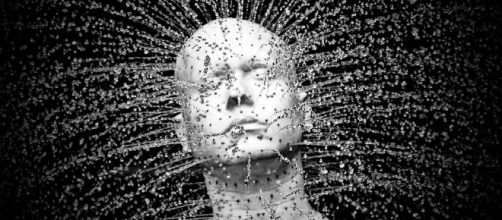BPD (Borderline Personality Disorder) can be defined as "a coping style that is emotionally volatile and marked by turbulent mood states, behaviours and intense relationships." It is often the result of trauma or childhood abuse. Cerebral palsy is the collective name for a group of conditions which are lifelong and affect movement and coordination, caused by a problem with the brain that occurs before, during or soon after birth.
Cognitive differences in individuals suffering from cerebral palsy and non affected individuals
Perhaps because the focus happens to be on the physical with a condition like CP (Ie: people taking who you are on a surface level) there has been little discussion or debate in regards to things like cognitive differences/ difficulties.
Nor has there been much to find for adult sufferers on the internet (a lot seems to be about focussing on the 'child with' the condition rather than the 'adult with' the condition (for which there are methods of help available such as Wonder, the Goldendoodle. However, thorough searching has revealed that there is literature to be found on the cognitive side of CP.
"Cerebral Palsy Guidance" is research done by Allan Colver of Newcastle University who has found that 'When brain damage occurs, pathways and networks that help regulate emotions may be disrupted.' Socially speaking, children may also experience such things as feelings of isolation, feelings of inadequacy because of their physical limitations.
This can, in turn, lead to frustration. Being unable perhaps, to articulate how they feel as children, this may fester into adulthood as the feeling of misunderstanding continues - not helped by misconceptions in the media thus leaving people with CP more prone to emotional irregularities and a feeling of misrepresentation and misunderstanding which in turn affect social interactions and interpersonal relationships.
It's not all physical
As explored above, cerebral palsy is not the way people look on the outside. It encompasses the mind and how it works too. Here is a list of all the ways C.P. is not just physical but also impacts somebody's mind and how they may (or may not) perceive the world around them, according to Cerebralpalsy.org.
C.P. also impacts people socially in a number of ways including but not limited to: shyness, emotional connectivity, depression, and self-awareness which makes it difficult to do what others may perceive to be normal, daily tasks such as talking to a neighbour or being able to be in a particular 'space' at one time. (sometimes there can be an overload of information to take in which results in not being 'present' in a given space.) Therefore, emotional dysregularity and C.P. can be said to have some link, both through the social surroundings of someone with the condition and on a more complex neurological level.
Understanding is key, only by understanding can anyone truly unlock themselves and others.


